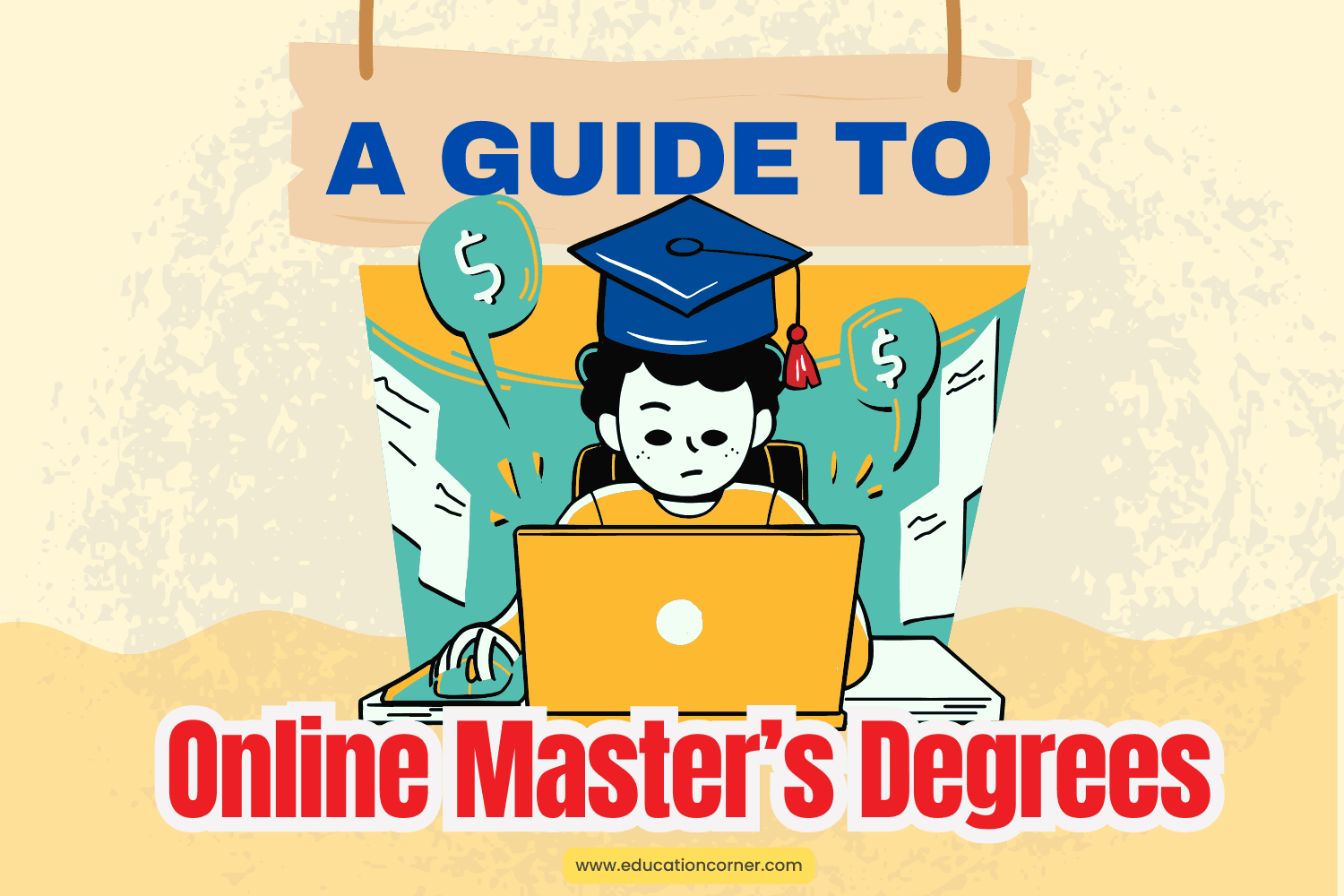Most master’s degree programs require one to three years of postgraduate or graduate level education. The two most popular masters degrees awarded in the United States are the Master’s of Arts (M.A.) and Master’s of Science (M.S.).
So is the time and effort required to earn a master’s degree a worthwhile investment? Well, according to the U.S. Bureau of Labor Statistics, professionals who possess a master’s degree on average earn nearly 20% more than bachelor’s degree holders. Over a lifetime that could add up to millions in additional income.
Unlike many undergraduate degree programs, a master’s degree requires concentrated study in just one subject area. Earning a master’s degree can lead to career promotion, the ability to enter into a new profession, and personal achievement.
Less than 5% of Americans ever earn a master’s degree, so the letters M.A. (Masters of Art) or M.S. (Masters of Science) on a resume, business card or letterhead can command certain respect.
Master’s level education is significantly more demanding (and more stimulating) than undergraduate education, and students are typically more goal-oriented and driven. Individuals lacking self-discipline need not apply to a master’s degree program as this graduate degree requires a high level of dedication and determination.
As they progress through a master’s degree program students will have the opportunity to develop long lasting friendships and form professional connections with peers, professors, and other industry professionals. These relationships are instrumental in furthering career interests and provide a strong network to fall back on when searching for a job.
Value of a Master’s Degree
Employers value the analytical, problem solving, technical and critical thinking skills that master’s degrees provide. In fact, according to Burning Glass Technologies, a firm that analyzes millions of job openings, over 20% of job positions either prefer or require a graduate degree. However, only about 10% of people hold a graduate degree. Based on these numbers alone, it’s easy to see how earning a master’s degree can be advantageous when it comes to competing for the best jobs.
Researchers and economists have also documented various benefits from earning a master’s degree, such as increased economic opportunity and higher salaries – and studies show these benefits are on the rise. According to the Economic Policy Institute, In 2017, people with advanced degrees earned an average of $41.36 an hour and workers with a bachelor’s degree earned an average of $32.49 an hour.
Meanwhile, people with just a high school diploma made $17.85 an hour. According to the U.S. Department of Labor, as of November 2019, individuals with a master’s degree had an unemployment rate of 1.8%, compared to the national average of 3.5% for all other workers. The benefits of earning a master’s degree are undeniable.
In addition to economic benefit, a master’s degree provides “societal” and life enriching benefits. Research performed by Edward Glaear and Richard Florida suggests that the benefits of earning a master’s degree extend far beyond higher pay and lower unemployment. They found that individuals with advanced degrees and higher levels of education tend to experience better health, have higher levels of societal well being, and are more civically engaged.
Earning Your Master’s Degree Online
The biggest advantage of earning a master’s degree online is convenience. Unlike a traditional master’s program that requires regular on-campus attendance, the online master’s degree can be completed from the comfort of your home or office. This is the number one reason aspiring professionals and working adults pursue a master’s degree online.
Classes can be attended virtually via the internet when it’s most convenient; students can complete assignments at their own pace; and many schools offer accelerated programs that allow students to complete their master’s degree in a relatively short period of time.

